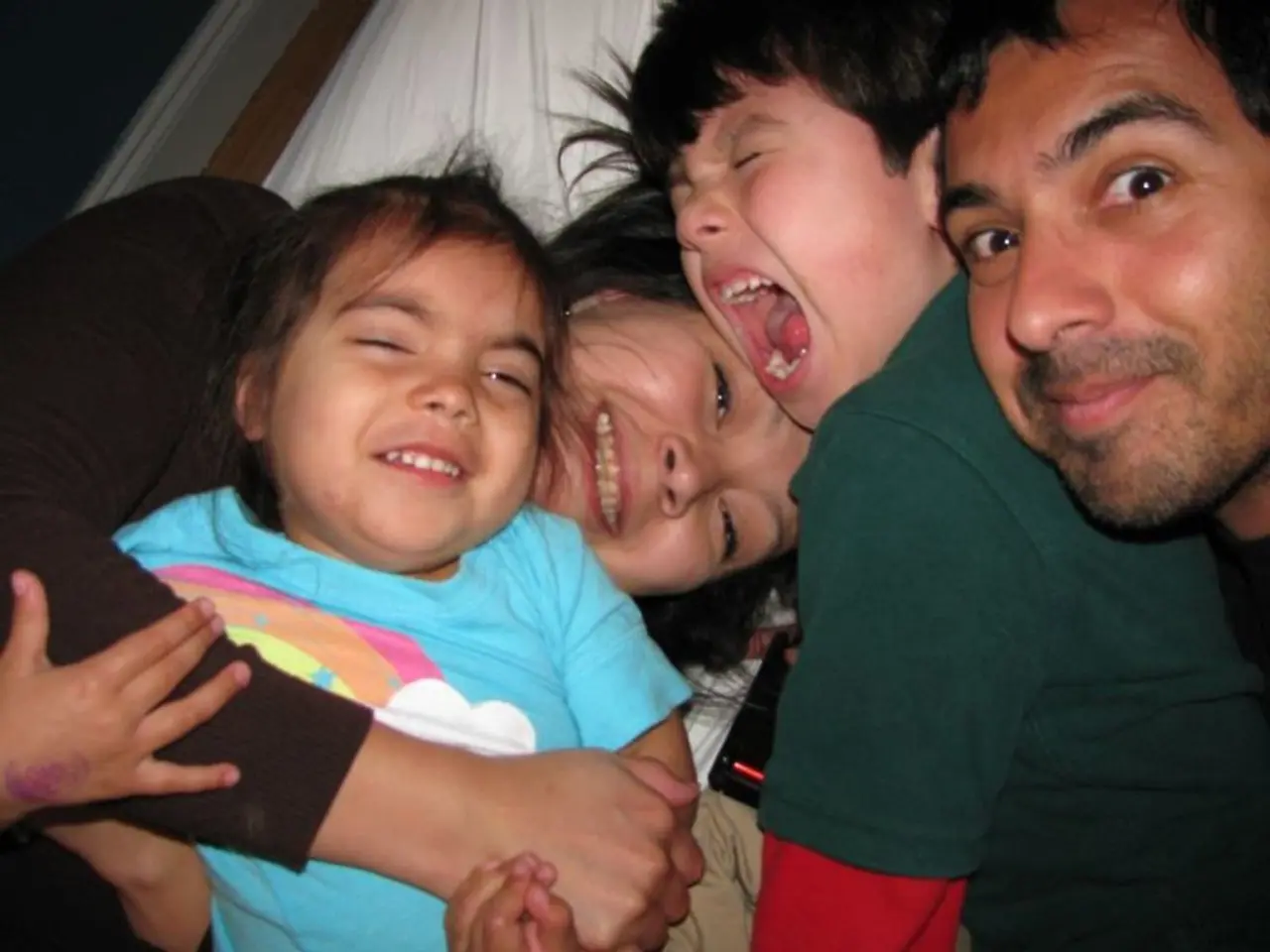Pursuing the Ideal Sleep: A Sleepless Quest for the Perfect Night's Slumber
In the modern world, where technology permeates every aspect of our lives, it's no surprise that devices designed to monitor our sleep have become increasingly popular. From watches and wristbands to rings and even mattresses, sleep trackers are now a common sight. However, a new phenomenon, known as orthosomnia, is causing concern among health professionals.
Orthosomnia, defined as the preoccupation or fixation on achieving a "perfect" sleep score using consumer sleep trackers, can paradoxically have negative effects on sleep quality and exacerbate sleep disorders. This fixation can create anxiety around sleep, which undermines the natural ability to fall and stay asleep, potentially worsening insomnia symptoms.
One of the key effects of orthosomnia on sleep and sleep disorders is increased anxiety and stress about sleep performance. People obsessed with sleep scores may become anxious if they do not achieve an ideal score, leading to difficulty falling asleep or fragmented sleep. This anxiety-driven cycle reduces overall sleep quality rather than improving it.
Another effect is the misinterpretation of sleep data. Consumer sleep trackers are not highly accurate; they often mistake wakefulness for sleep, overestimate sleep duration, and poorly distinguish sleep stages. This can cause users to distrust their sleep patterns or believe their sleep is worse than it is, intensifying orthosomnia-related anxiety.
Disruption of natural sleep patterns is another key effect. The pressure to meet arbitrary sleep “goals” on trackers can interfere with natural sleep rhythms. People might extend time in bed unnaturally or engage in maladaptive behaviors trying to manipulate their trackers' scores, which may disrupt sleep timing and continuity.
For individuals with conditions like insomnia or other sleep disorders, obsessing over sleep scores can magnify symptoms or delay seeking appropriate clinical evaluation and treatment, worsening outcomes.
Experts caution that while sleep trackers can be useful tools for recognising sleep patterns and establishing sleep hygiene routines, they should not be relied upon exclusively or obsessively. Good sleep requires a combination of factors including adequate duration, timing, regularity, and absence of disorders, which cannot be fully captured by consumer devices.
Not getting enough sleep increases the risk of various health conditions, including depression and heart disease. In fact, a third of Americans report not getting the recommended seven hours of sleep per night, according to the Centers for Disease Control and Prevention.
However, there is hope. Weighted blankets, such as those sold by Bearaby, have helped many individuals, including World Bank economist Kathrin Hamm who quit her job to start her own company selling them. Weighted blankets, filled with plastic or glass beads, are technology-free and said to lift anxiety and promote relaxation, potentially improving sleep quality.
In an effort to encourage users to leave their phones outside the bedroom to avoid sleep-disrupting notifications, the Hatch device offers a guided meditation at bedtime, plays white noise during sleep, and wakes the user up with a simulated sunrise and bird song.
Seema Khosla, medical director at the North Dakota Center for Sleep, has observed this issue in her practice, with stressed patients aiming for a sleep score of 100 but only achieving 80, causing them anxiety and insomnia. Khosla suggests putting the sleep tracker away for a few weeks to alleviate the issue.
In conclusion, while technology can offer solutions to improve sleep quality, it can also create new problems. It's essential to use sleep trackers as one of many tools, focusing on subjective feelings of restfulness rather than perfect numeric scores to promote better sleep health.
- The preoccupation with achieving a perfect sleep score through consumer sleep trackers, known as orthosomnia, can paradoxically worsen sleep quality and exacerbate sleep disorders due to increased anxiety and stress about sleep performance.
- Misinterpretation of sleep data by consumer sleep trackers, which often mistake wakefulness for sleep, overestimate sleep duration, and poorly distinguish sleep stages, can cause users to distrust their sleep patterns or believe their sleep is worse than it is, intensifying orthosomnia-related anxiety.
- In an effort to improve sleep quality without relying solely on technology, weighted blankets, such as those sold by Bearaby, have been found to lift anxiety and promote relaxation, potentially improving sleep quality.




